Posted on January 26, 2010
Prison Rolls Saving Throw, Inmates Lose
 The geek half of the Internet (the remaining 50% being divided equally between bored housewives, cheating husbands, ambitious business majors and porn) is abuzz this morning with news of yesterday’s decision by the seventh circuit court of appeals to uphold the decision of a Wisconsin prison banning its inmates from playing Dungeons and Dragons. It seems that some murderer by the name of Kevin Spacey Singer filed the appeal after the prison’s big, bad warden stormed his cell and absconded with his entire collection of game manuals and whatever other D&D ephemera he’d managed to squirrel away while serving his sentence. The appeals court decision cited a concern that the playing of D&D somehow mimics the power structure of a gang and, as unlikely as it sounds, could eventually produce some sort of rabble-rousing collective of spotty-faced dungeon masters that would threaten the safety of other inmates, presumably through the use of an imaginary vorpal blade of +2 summoning or perhaps by way of a particularly nasty die roll. The reasoning behind the judgment doesn’t actually stand the test of reality, of course – not when you compare the real world stat sheet of your average gamer to that of his in-game alter ego, but I suppose the court had to figure out something to say that was a bit more technical than sticking out their tongues and going “Neener-neener! You’re in prison, you twat. It’s not supposed to be fun!”
The geek half of the Internet (the remaining 50% being divided equally between bored housewives, cheating husbands, ambitious business majors and porn) is abuzz this morning with news of yesterday’s decision by the seventh circuit court of appeals to uphold the decision of a Wisconsin prison banning its inmates from playing Dungeons and Dragons. It seems that some murderer by the name of Kevin Spacey Singer filed the appeal after the prison’s big, bad warden stormed his cell and absconded with his entire collection of game manuals and whatever other D&D ephemera he’d managed to squirrel away while serving his sentence. The appeals court decision cited a concern that the playing of D&D somehow mimics the power structure of a gang and, as unlikely as it sounds, could eventually produce some sort of rabble-rousing collective of spotty-faced dungeon masters that would threaten the safety of other inmates, presumably through the use of an imaginary vorpal blade of +2 summoning or perhaps by way of a particularly nasty die roll. The reasoning behind the judgment doesn’t actually stand the test of reality, of course – not when you compare the real world stat sheet of your average gamer to that of his in-game alter ego, but I suppose the court had to figure out something to say that was a bit more technical than sticking out their tongues and going “Neener-neener! You’re in prison, you twat. It’s not supposed to be fun!”
Of course, given the dubious past that D&D has endured at the wringing hands and flapping gums of an ignorant media since it started gaining national popularity back in the late seventies, perhaps the prison officials as well as the appellate court  judges genuinely believed in the potential threat the game might bring to prison security. After all, Dungeons and Dragons has fostered controversy since it was first released to the world in 1974. And, in the knee-jerk reactionary way characteristic of fundamentalist religious groups everywhere, the Christian’s were first on the scene, accusing the game of everything from promoting devil worship and witchcraft to providing the illicit thrill of interspecies erotica to an entire generation of impressionable young boys who might catch a glimpse of a harpy’s half-bird/half-human breasts and later grow to be sexual deviants who traffic in porn and can’t have sex with their wives without fantasizing about the nipples of a crudely drawn mythological creature. It was all a bit silly back then, but then again, most reactionary waves usually are.
judges genuinely believed in the potential threat the game might bring to prison security. After all, Dungeons and Dragons has fostered controversy since it was first released to the world in 1974. And, in the knee-jerk reactionary way characteristic of fundamentalist religious groups everywhere, the Christian’s were first on the scene, accusing the game of everything from promoting devil worship and witchcraft to providing the illicit thrill of interspecies erotica to an entire generation of impressionable young boys who might catch a glimpse of a harpy’s half-bird/half-human breasts and later grow to be sexual deviants who traffic in porn and can’t have sex with their wives without fantasizing about the nipples of a crudely drawn mythological creature. It was all a bit silly back then, but then again, most reactionary waves usually are.
As the game continued to gain notoriety, people like the ever-lovin’ blue eyed Jack Chick exploited the parental fears of millions of church going Christians by penning such tracks as Dark Dungeons, which portrayed Dungeons and Dragons as a tool used by devil worshippers to recruit the fresh and tender souls of the youth into the dark and 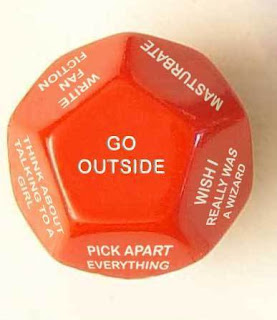 dangerous world of black magic and witchcraft. Nevermind that your typical D&D spellbook consists of about as much magical instruction as it takes to roll a handful of oddly-shaped dice across a dining room table, but people like Chick managed to convince mothers and fathers everywhere that allowing their children to play D&D would quickly lead to the rest of their short lives being spent in service to Beelzebub, casting magic missiles at babies and participating in ritual human sacrifices down in Eugene’s basement after school. It was a fear no less absurd and unfounded than the same mass hysteria that fueled the persistent and non-existent threat of poisoned Halloween candy or the Salem witch trials, not to mention travesties of justice found in both Kern County, California and the McMartin preschool fiasco. Still, sensationalism begets sensationalism, and soon the media had the entire country convinced that playing Dungeons and Dragons was how the devil got inside you.
dangerous world of black magic and witchcraft. Nevermind that your typical D&D spellbook consists of about as much magical instruction as it takes to roll a handful of oddly-shaped dice across a dining room table, but people like Chick managed to convince mothers and fathers everywhere that allowing their children to play D&D would quickly lead to the rest of their short lives being spent in service to Beelzebub, casting magic missiles at babies and participating in ritual human sacrifices down in Eugene’s basement after school. It was a fear no less absurd and unfounded than the same mass hysteria that fueled the persistent and non-existent threat of poisoned Halloween candy or the Salem witch trials, not to mention travesties of justice found in both Kern County, California and the McMartin preschool fiasco. Still, sensationalism begets sensationalism, and soon the media had the entire country convinced that playing Dungeons and Dragons was how the devil got inside you.
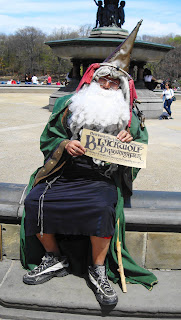 First, there was the sad case of James Dean Egbert, a sixteen-year-old child prodigy who was attending Michigan State when he tried to kill himself. He sneaked into the university’s steam tunnels one night with a bottle of quaaludes intending to shuffle off his mortal coil, but instead merely passed out and woke up the next morning to go hide out at a friend’s house. The student newspaper published a story on Egbert’s mysterious disappearance, after which his parents launched an exhaustive search for the boy, including hiring a private investigator by the name of James William Dean. Dean conducted his investigation and somehow came to the conclusion that Egbert had fallen under the evil thrall of Dungeons and Dragons, which Dean claimed led directly to the boy’s death. It was decided that, having become obsessed with the fantasy world of the game, Egbert had became lost in the university’s labyrinthine steam tunnel system as the result of using the underground corridors for a delusional real-life version of a D&D quest.
First, there was the sad case of James Dean Egbert, a sixteen-year-old child prodigy who was attending Michigan State when he tried to kill himself. He sneaked into the university’s steam tunnels one night with a bottle of quaaludes intending to shuffle off his mortal coil, but instead merely passed out and woke up the next morning to go hide out at a friend’s house. The student newspaper published a story on Egbert’s mysterious disappearance, after which his parents launched an exhaustive search for the boy, including hiring a private investigator by the name of James William Dean. Dean conducted his investigation and somehow came to the conclusion that Egbert had fallen under the evil thrall of Dungeons and Dragons, which Dean claimed led directly to the boy’s death. It was decided that, having become obsessed with the fantasy world of the game, Egbert had became lost in the university’s labyrinthine steam tunnel system as the result of using the underground corridors for a delusional real-life version of a D&D quest.
None of this was true, of course, and it later came out that Egbert was alive and well, and living in Louisiana. Unfortunately, (and perhaps because he thought he’d killed himself back in Michigan, but later woke one day to the hideous realization that he was just in Louisiana), Egbert eventually succeeded in ending his life by shooting himself a full year after he’d supposedly 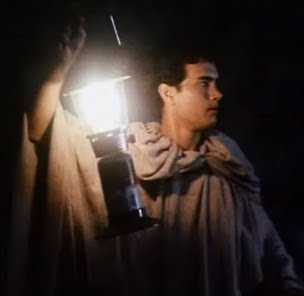 gotten lost inside the tunnels and died while trying to slay imagined dragons. The private investigator eventually revealed the truth that D&D never played a part in Egbert’s death, but by then the damage was done. The media had run with the story, quoting speculation as fact and spreading rumor and gossip as undeniable truth, paving the way for people like Rona Jaffe to exploit with her novel, Mazes and Monsters. Later made into a TV movie starring Tom Hanks, the story was loosely based on James Egbert’s disappearance and helped to turn a simple game meant as escapist entertainment for nerdy social pariahs into an evil conduit of sin leading directly into the fiery home of the Son of Perdition himself. But it didn’t stop there.
gotten lost inside the tunnels and died while trying to slay imagined dragons. The private investigator eventually revealed the truth that D&D never played a part in Egbert’s death, but by then the damage was done. The media had run with the story, quoting speculation as fact and spreading rumor and gossip as undeniable truth, paving the way for people like Rona Jaffe to exploit with her novel, Mazes and Monsters. Later made into a TV movie starring Tom Hanks, the story was loosely based on James Egbert’s disappearance and helped to turn a simple game meant as escapist entertainment for nerdy social pariahs into an evil conduit of sin leading directly into the fiery home of the Son of Perdition himself. But it didn’t stop there.
Almost ten years later, after a guy named Chris Pritchard, along with two of his friends, murdered his stepfather and tried to murder his mother in a bloody attempt to get his greedy hands on a $2,000,000 inheritance package, the media quickly disregarded his simple motive of trying to turn a quick buck and instead shifted blame towards the fact that Pritchard and his buddies had played drunken, stoned games of Dungeons and Dragons before the murder. This was back in the late  ’80s, when it looked like the fervor of D&D was beginning to die down. However, never content to let a good story go untold, the talking heads on the teevee screen insisted on connecting the murder with D&D. It didn’t help that Pritchard and pals played out their fantasy quests in the steam tunnels beneath North Carolina State, either, which immediately flashed the public’s mind back to James Egbert’s disappearance from a decade earlier. Pritchard was eventually convicted and sentenced to life in prison in 1990, but was later paroled in 2007, presumably on account of good behavior. However, I think there’s more to it than that and, although I have no evidence to validate my theory, I suspect that it was the mastery of arcane magic he gained from years spent playing Dungeons and Dragons that gave Pritchard the +20 bonus to INT he needed to roll a 3d8+2d6+1d4 and successfully cast Gygax’s 8th Level Spell Of Sentence Transmogrification, thereby reducing his life sentence to a mere seventeen years. But, like I said, I can’t prove anything.
’80s, when it looked like the fervor of D&D was beginning to die down. However, never content to let a good story go untold, the talking heads on the teevee screen insisted on connecting the murder with D&D. It didn’t help that Pritchard and pals played out their fantasy quests in the steam tunnels beneath North Carolina State, either, which immediately flashed the public’s mind back to James Egbert’s disappearance from a decade earlier. Pritchard was eventually convicted and sentenced to life in prison in 1990, but was later paroled in 2007, presumably on account of good behavior. However, I think there’s more to it than that and, although I have no evidence to validate my theory, I suspect that it was the mastery of arcane magic he gained from years spent playing Dungeons and Dragons that gave Pritchard the +20 bonus to INT he needed to roll a 3d8+2d6+1d4 and successfully cast Gygax’s 8th Level Spell Of Sentence Transmogrification, thereby reducing his life sentence to a mere seventeen years. But, like I said, I can’t prove anything.
Thankfully, the hysteria is all but gone today, and playing Dungeons and Dragons has finally become socially acceptable, if not socially condoned behavior. It’s still an awkward thing played by awkward people, but because three decades of awkward children have grown up to be awkward adults with disposable incomes, advertisers have learned to exploit the geek demographic. In fact, while I may tease the tabletop gamers with their multisided dice and strange disconnect from reality, the truth is that I always wanted to play D&D. I tried, at any rate. Back in the ’80s, when I was in middle school, I  bought the game manuals and studied the rules, and sometimes I even gathered a few willing friends together to give it a go. I even went through a phase of collecting and painting miniatures, although I never actually used any of them in a game. I never, as it turns out, got around to playing one single game of Dungeons and Dragons, or any other tabletop RPG, for that matter. Each and every time I got together with friends and tried to play, we all felt too stupid and silly about pretending to be heroes and wizards to get any further than gathering around the table with a pizza. And, while we’d always eat the pizza, we would quickly give up on the game entirely, leave the table behind and switch on the television to spend the rest of the night playing Nintendo and talking about girls. That’s how I grew up, anyway. It was fine to pretend you were a ninja in a videogame, but gathering around a table to speak in broken Elizabethan english while pretending to be knight in shining armor was going too far. The type of guys who did that were the sort of blokes who sat around dateless on a Friday night, rolling dice and doing math for fun – and we weren’t about to become those losers. No, we were the sort of fellas who’d sit around dateless on a Friday night, thumbing control pads and fingering fire buttons for fun. It was totally different. We weren’t losers. Totally different.
bought the game manuals and studied the rules, and sometimes I even gathered a few willing friends together to give it a go. I even went through a phase of collecting and painting miniatures, although I never actually used any of them in a game. I never, as it turns out, got around to playing one single game of Dungeons and Dragons, or any other tabletop RPG, for that matter. Each and every time I got together with friends and tried to play, we all felt too stupid and silly about pretending to be heroes and wizards to get any further than gathering around the table with a pizza. And, while we’d always eat the pizza, we would quickly give up on the game entirely, leave the table behind and switch on the television to spend the rest of the night playing Nintendo and talking about girls. That’s how I grew up, anyway. It was fine to pretend you were a ninja in a videogame, but gathering around a table to speak in broken Elizabethan english while pretending to be knight in shining armor was going too far. The type of guys who did that were the sort of blokes who sat around dateless on a Friday night, rolling dice and doing math for fun – and we weren’t about to become those losers. No, we were the sort of fellas who’d sit around dateless on a Friday night, thumbing control pads and fingering fire buttons for fun. It was totally different. We weren’t losers. Totally different.
Getting back to the motivation of today’s essay, the appeals court decision to not allow inmates to play Dungeons and Dragons, I can’t help but wonder whether the idea is really as silly as it sounds at first glance. Sure, a room full of D&D players is hardly a terrifying gang, but the guy who filed the appeal to overturn his prison’s decision is, after all, a convicted murderer, and I can’t seem to muster up any sympathies for a guy who is in 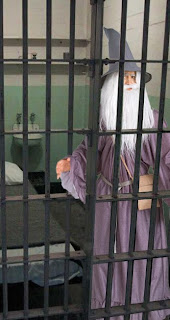 jail because he killed someone. Sure, he may have spent his life playing D&D, but that doesn’t mean he gets to keep playing in jail. Prison, the last time I checked, wasn’t supposed to be some kind of reward for social outcasts, providing food and shelter and allowing them to engage in their favorite hobbies without the need to worry about pesky things like bills and rent. In a lot of ways, such an inviting prison atmosphere would be a hardcore gamer’s dream scenario, when you stop to think about it. With all of their basic human needs provided by the state and paid for by the taxpayers, these lucky bastards get to whittle away the years of their lives playing a game that removes them from the reality of prison just as much as it removed them from the reality of the outside world before they were busted? I don’t think so. That’s a bit like busting drug users and convicting them to a prison sentence filled with a lifetime of free and unrestricted access to the pharmaceuticals of their choice, isn’t it?
jail because he killed someone. Sure, he may have spent his life playing D&D, but that doesn’t mean he gets to keep playing in jail. Prison, the last time I checked, wasn’t supposed to be some kind of reward for social outcasts, providing food and shelter and allowing them to engage in their favorite hobbies without the need to worry about pesky things like bills and rent. In a lot of ways, such an inviting prison atmosphere would be a hardcore gamer’s dream scenario, when you stop to think about it. With all of their basic human needs provided by the state and paid for by the taxpayers, these lucky bastards get to whittle away the years of their lives playing a game that removes them from the reality of prison just as much as it removed them from the reality of the outside world before they were busted? I don’t think so. That’s a bit like busting drug users and convicting them to a prison sentence filled with a lifetime of free and unrestricted access to the pharmaceuticals of their choice, isn’t it?
Then again, maybe letting the inmates play isn’t a bad idea, after all. However, I think we need to think bigger and be more inclusive of people with life-consuming hobbies. Seriously, why stop at Dungeons and Dragons? Why not throw a little World of Warcraft into the mix to entice the roughly 2.6 million Americans who are currently obsessed with the game into committing a crime so that they can be locked away in prison to spend every waking moment running a cartoon avatar  around the fictional land of Azeroth? It’s not like they’re doing much better on the outside, preferring as they do to spend more time with their make believe lives than their real ones – PLUS, locking them up would have the added bonus of freeing up a lot of good paying jobs in this abysmal economy. Throw some money at building a crapload of new prisons to house the teeming horde of unwashed masses flowing into them on a daily basis, and everybody wins. The gamers’ old jobs open up for other hardworking Americans to fill, and new jobs are created to manage the expansive new prison infrastructure. In fact, a regular cycle of exponential growth could be expected as new games come out every year, with periodic explosions in inmate populations whenever new expansions to popular games are released. Call it an addendum to the Stimulus Package, have Blizzard throw some money behind a politician to champion the cause, and this sucker could be on the books in a couple of years. It’s brilliant, I tell you! BRILLIANT!
around the fictional land of Azeroth? It’s not like they’re doing much better on the outside, preferring as they do to spend more time with their make believe lives than their real ones – PLUS, locking them up would have the added bonus of freeing up a lot of good paying jobs in this abysmal economy. Throw some money at building a crapload of new prisons to house the teeming horde of unwashed masses flowing into them on a daily basis, and everybody wins. The gamers’ old jobs open up for other hardworking Americans to fill, and new jobs are created to manage the expansive new prison infrastructure. In fact, a regular cycle of exponential growth could be expected as new games come out every year, with periodic explosions in inmate populations whenever new expansions to popular games are released. Call it an addendum to the Stimulus Package, have Blizzard throw some money behind a politician to champion the cause, and this sucker could be on the books in a couple of years. It’s brilliant, I tell you! BRILLIANT!

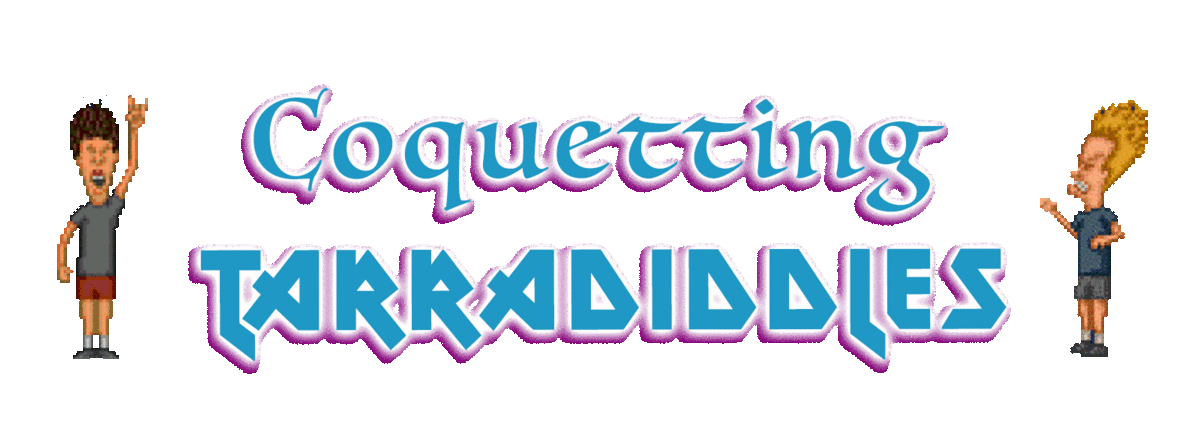
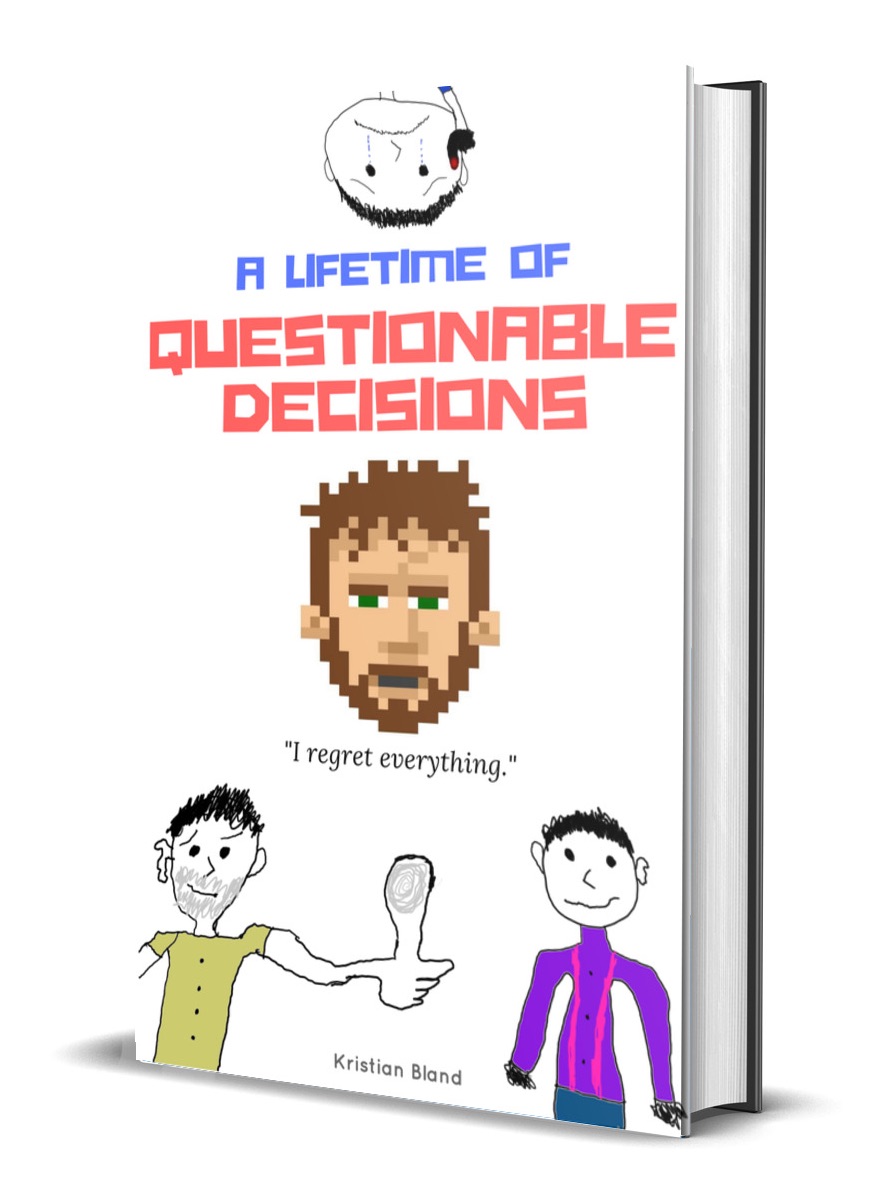




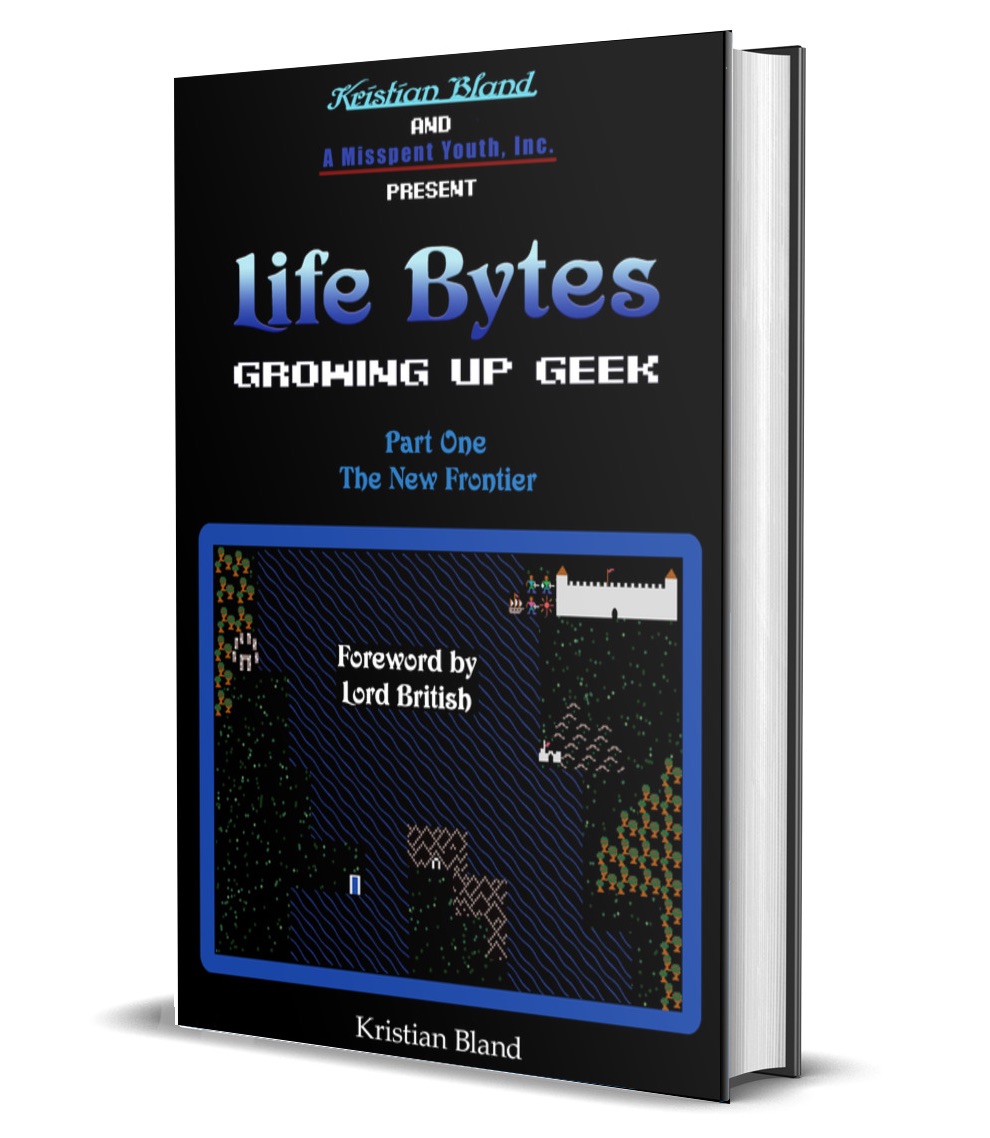
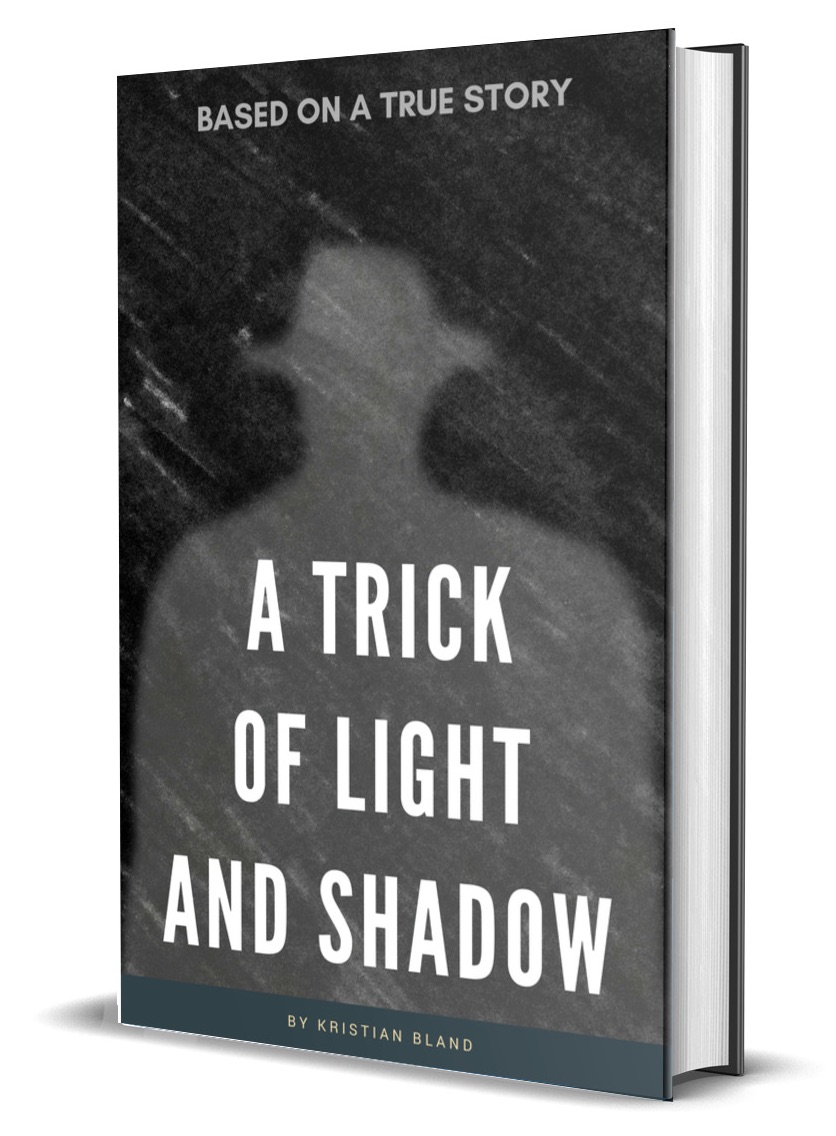
found your site on del.icio.us today and really liked it.. i bookmarked it and will be back to check it out some more later
found your site on del.icio.us today and really liked it.. i bookmarked it and will be back to check it out some more later
Only wanna comment that you have a very nice site, I love the design and style it really stands out.